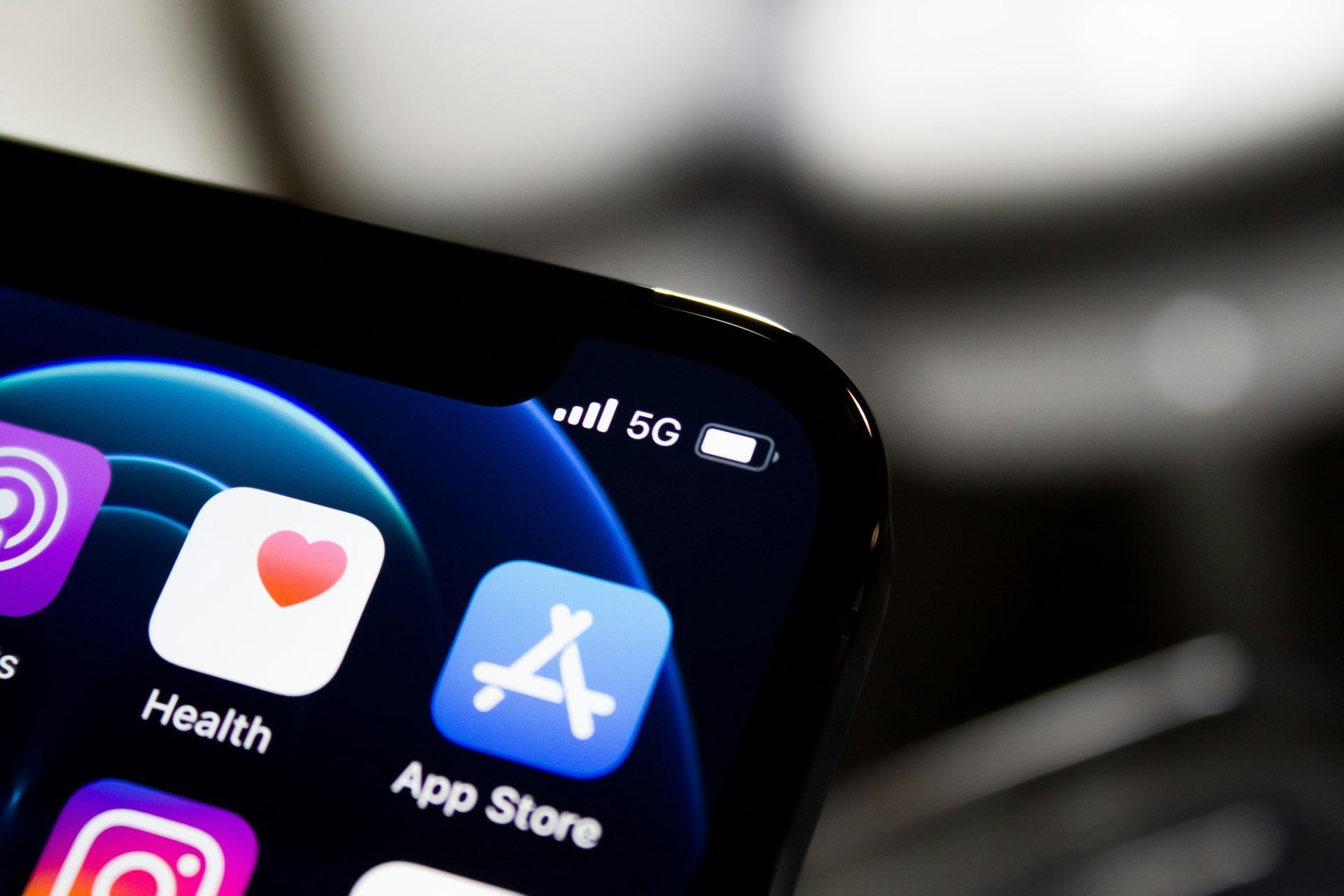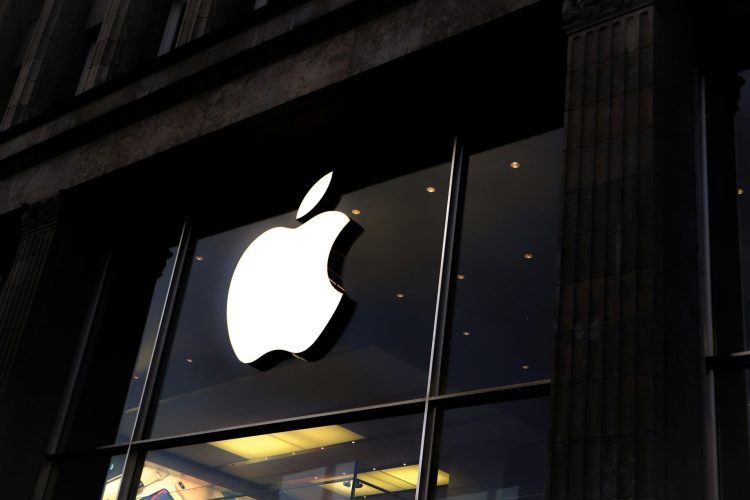The Department of Justice (DOJ) has unveiled a far-reaching antitrust lawsuit targeting Apple. The complaint accuses the tech giant of crafting a smartphone market monopoly that stifles competition, innovation, and consumer choice.
Filed in New Jersey federal court, the lawsuit asserts that Apple holds monopolistic control in the smartphone industry. The DOJ claims Apple uses this power to pursue a “prolonged and illegal course of conduct”.
“Apple has trapped its customers within the confines of the iPhone while shutting out competitors,” stated Deputy Attorney General Lisa Monaco. She further claims their actions have “stunted the progress of an entire industry”.
Apple has labeled the lawsuit as factually and legally flawed and vowed a rigorous defense.
Apple’s monopoly lawsuit scrutinizes their practices
Apple’s monopoly lawsuit delves into Apple’s tactics for allegedly manipulating its technology and business partnerships to “squeeze more revenue out of consumers, developers, content creators, artists, publishers, small businesses, and merchants, among others”.
Areas of focus include:
- Impairing functionality: The DOJ claims Apple intentionally limits the capabilities of non-Apple smartwatches
- Restrictive payments: Allegedly restricts access to contactless payments for third-party digital wallets
- Messaging limitations: Denying its iMessage service the ability to exchange encrypted messages with competing platforms
The lawsuit specifically aims to prevent Apple from undermining competing technologies – including in areas like streaming, messaging, and digital payments. It further seeks to block Apple from crafting contracts that allow it to “obtain, maintain, extend or entrench a monopoly”.

The latest move in aggressive antitrust enforcement
The Apple lawsuit, joined by 16 state attorneys general, is the Biden administration’s latest salvo in its campaign to promote fairness, innovation, and competition within the digital realm. This aggressive enforcement targets tech giants like Google and Amazon as well.
“The Department of Justice has a rich history of tackling formidable monopolies,” stated Jonathan Kanter, Assistant Attorney General for the DOJ’s Antitrust Division. “Today, we continue that mission by promoting competition and innovation for future technological advancements”.
Antitrust expert Dina Srinavasan, a Yale University fellow, likened this lawsuit’s significance to the government’s Microsoft case a quarter-century ago. She views it as choosing a “massive battle” with the world’s most prosperous company.
The Biden admin on Apple’s monopoly lawsuit
President Biden has urged the DOJ and the Federal Trade Commission to aggressively apply antitrust laws.
While this heightened enforcement has sparked some business resistance, claiming government overreach, others see it as necessary and overdue.
A fight to dismantle Apple’s “walled garden”
This lawsuit seeks to dismantle the fortress Apple has meticulously constructed around its popular products. This “walled garden” strategy – blending hardware and software into seamless user experiences – has propelled Apple to massive revenues and market value. However, the DOJ claims this model restricts competition.
Critics have long argued Apple’s privacy claims mask profit-driven motives. While its iMessage services are encrypted, that protection ceases when messaging non-Apple devices.

The stakes are high
This case could drastically reshape the smartphone industry and redefine our relationship with our devices. Should the DOJ prevail, it has the potential to change how apps are distributed, impact pricing models, and limit the control device manufacturers have over their products.
The case also escalates the Biden administration’s antitrust battlefront. Previously filed lawsuits against Google and Amazon, along with attempts to derail acquisitions by Meta Platforms and Microsoft, further illustrate their determination.
While a final verdict isn’t expected for years, this lawsuit marks a pivotal moment in the escalating government scrutiny of tech giants.
Featured image credit: Laurenz Heymann/Unsplash.





